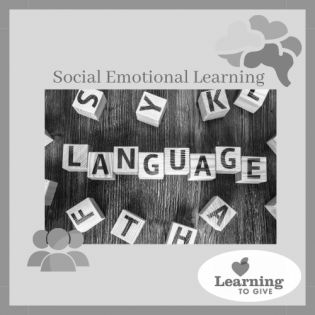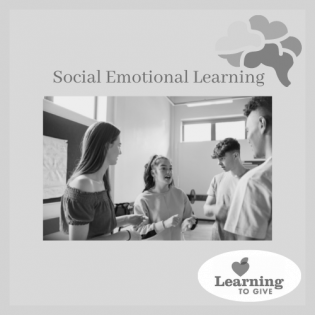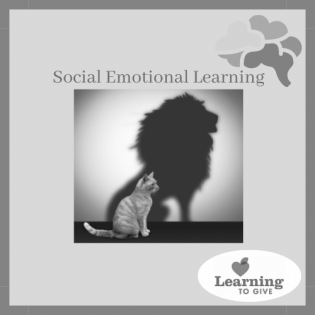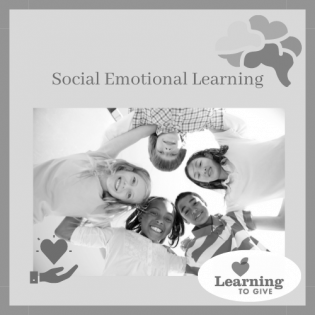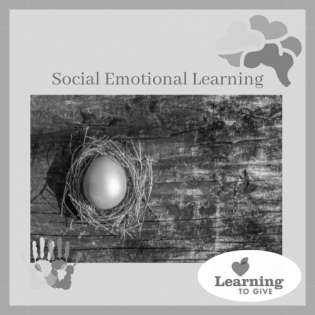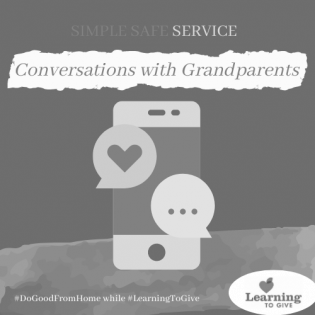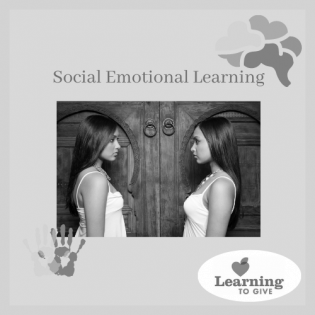Language holds the power to unite or divide us, and we may unknowingly use language that excludes or offends our listeners. The language used at home, on TV, in Music, and in the Media often contains insensitive or divisive language with the potential to offend. Youth can identify and make an effort to use more inclusive language instead. By managing their own language, youth can serve as models for their peers and others in their community.
Filter by subjects:
Filter by grades:
Filter by audience:
Filter by issue area:
Filter by content type:
Filter by resource type:
resource search
One of the most effective ways to support youth social emotional growth is with regular check-ins. Use ice breakers to give youth a chance to listen, talk, reflect, build empathy, and discuss critical thinking and issues. The following conversation prompts are organized by the SEL categories and the type of engagement they bring out.
Courageous Conversations about social justice are an Everyday SEL practice. These prompts can be used to facilitate conversations that aim to build empathy and connection by inviting participants to speak and listen from the heart. Courageous Conversations take place after a stimulus, such as a video or image, is introduced. A stimulus is used to build background and stimulate thinking and discussion.
After a meaningful session or day together, a reflective writing prompt can help young people internalize, sort, or articulate their thoughts and feelings. A great tool for SEL and personal reflection, exit tickets provide a prompt to bring thoughts to a close before moving out the door. Designed to be handed to the facilitator as a "ticket" out the door, they may also be kept private if someone doesn't want to share their thoughts in the moment.
This activity introduces youth to the concept of privilege. Participants will become aware of their privilege and how their privilege enhances or hinders their access to opportunities.
This activity encourages youth to discuss the power of privilege. Participants will understand how their perspectives, identity, and values influence their decisions in this activity. They will also understand that privileges are social constructs, A social construct is something that exists not in reality, but as a result of human interaction. It exists because humans agree that it exists.
A Simple Safe Service project from home: Interview a grandparent or elderly friend to find out what they did for fun when they were young, and how it is the same and different than you. Follow your phone or video interview with a card in the mail. Or make friendly door hangers to donate to a local home for senior residents.
Let's explore and connect with ourselves and others by envisioning our community ten years from now. Select a meaningful issue that you deeply care about and visualize it being resolved. Afterward, let's engage in a conversation about the initial actions we can take to turn our vision into reality. Together, we can shape a brighter future!
Many American citizens with a "hyphenated ethnicity, race, or identity" experience a double consciousness. In this activity, youth look at the hyphen from the perspective of another person, reflecting upon their own opinions about how the hyphen is used. Hyphen-Stories is inspired by an article by Dena Simmons called, "Why We Can't Afford Whitewashed Social-Emotional Learning."
The "Current Event Check-In" is an Everyday SEL practice. It is a culturally responsive version of the daily emotion check-in; it offers youth the opportunity to check-in regarding the current events in their communities. In order to have a social awareness of one’s community, youth must be able to inquire, discuss, and share their thoughts and opinions about the events in their community on a regular basis.
